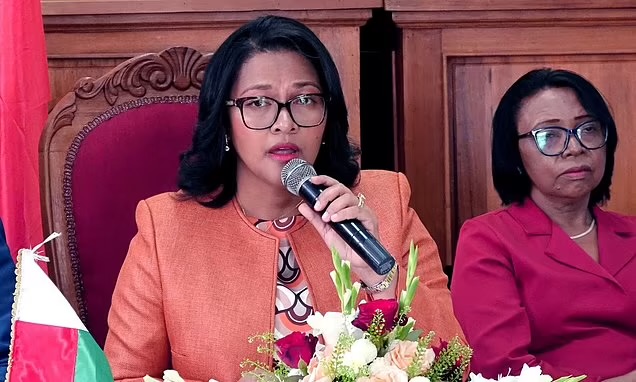Madagascar’s parliament has approved a groundbreaking new law that mandates surgical castration for paedophiles convicted of raping children under ten years old. The legislation, proposed by President Andry Rajoelina, aims to combat child sexual abuse by imposing severe penalties on perpetrators.
Under the new law, individuals found guilty of raping a child under ten will undergo surgical castration and face life imprisonment. Additionally, those who rape children aged between ten and 13 will be chemically castrated and sentenced to 15 to 20 years of forced labor. However, minors who commit such crimes will not undergo castration.

Also, read; Namibia Witnesses Smooth Transition as Nangolo Mbumba Assumes Interim Presidency
While the law has received criticism from international organizations like Amnesty International, Minister Randriamanantenasoa defended Madagascar’s sovereignty in enacting legislation that prioritizes the safety and well-being of its citizens.

This development in Madagascar follows a similar move by Kazakhstan, where lawmakers recently announced plans to surgically remove the genitals of the country’s worst offending child sex offenders. The decision came after concerns were raised about the effectiveness of chemical castration in deterring paedophiles.
Despite the controversial nature of surgical castration, Kazakh officials acknowledged the complexities of the issue and emphasized the need for stringent measures to combat child sexual abuse.

Madagascar’s decision to implement surgical castration reflects a growing global effort to address the heinous crime of child rape and protect the most vulnerable members of society. As countries grapple with the ethical implications of such measures, the focus remains on prioritizing justice and safeguarding children from harm.

